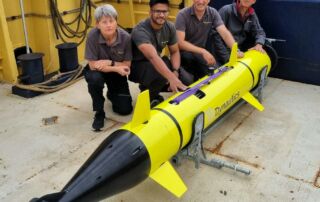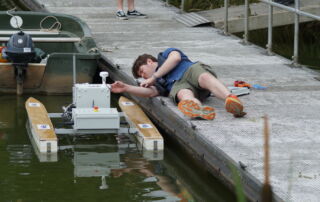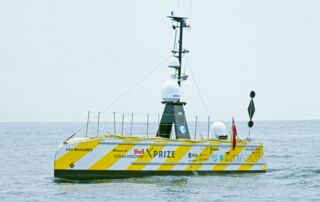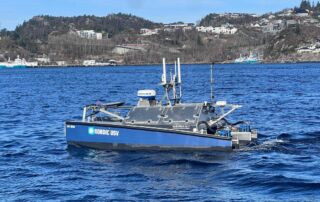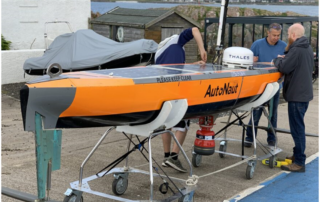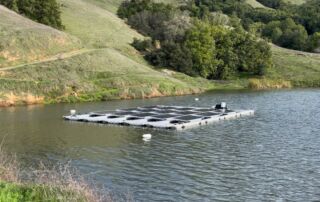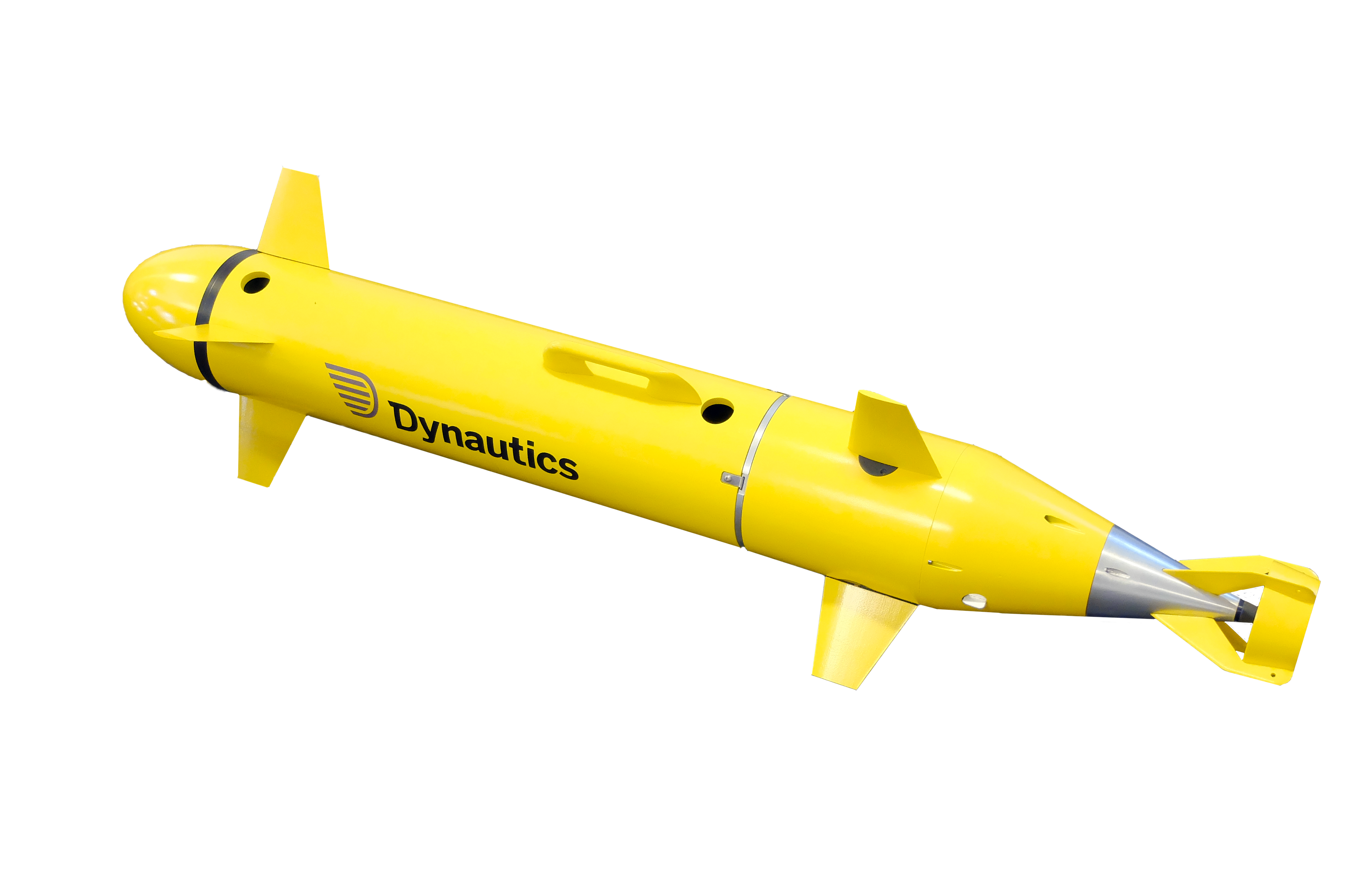Modular UUV Phantom 2 launched
In the dynamic field of subsea vehicles, modular UUV (unmanned underwater vehicle) technology is the key to effectively performing a diverse range of offshore tasks. Today’s UUVs need to accommodate different payloads and work at various depths for extended periods of time, and a modular approach to design helps to facilitate these requirements with minimal downtime. Customer-driven product development
Supporting the future of marine robotics
Dynautics is a proud sponsor of the Society of Maritime Industries’ Marine Autonomy Challenge (MAChallenge) competition, which encourages young marine technologists and helps to develop careers that support the future of marine robotics. MAChallenge relies heavily on strong industry support. As well as hands-on involvement, Dynautics provides each team of contestants with a suite of technology tools, including our
Reducing time to launch for USVs
At Dynautics, we know first-hand how challenging it is to design and build an Uncrewed Surface Vessel (USV). Based on over 30 years of experience, we have developed adaptive autopilot and VCS technologies and dynamic simulation tools to get you to on-water trials faster and more efficiently, reducing time to launch for USVs. We start with your objectives and
Autopilot for rim-driven thruster USV design
CASE STUDY: Dynautics has provided an autopilot solution for HydroSurv's new, rim-driven thruster USV design. HydroSurv is a global provider of Uncrewed Surface Vehicle (USV) platforms for hydrographic, geophysical and oceanographic survey. The company, based in Exeter, United Kingdom, offers a range of electric and hybrid USVs from 2.5 to 6 metres for inland, nearshore and offshore survey operations.
Controlling wave-propelled USVs
In the 25 years since Dynautics was established (take a look at our company timeline here), we have encountered a wide range of vessels, missions and combinations of propulsors and steering devices, for both surface and subsurface vessels. The team has developed methods to combine control parameters in different ways to suit the vessel and its mission requirements, and
Tracking the sun with floating solar
Floating solar presents many benefits, offering a source of renewable energy where land is scarce. Instead of covering valuable land, this technology uses large bodies of water, usually lakes and reservoirs, to host arrays of solar panels. Floating solar studies have also shown multiple water quality and water retention benefits, with a reduction in evaporation and harmful algae blooms.

